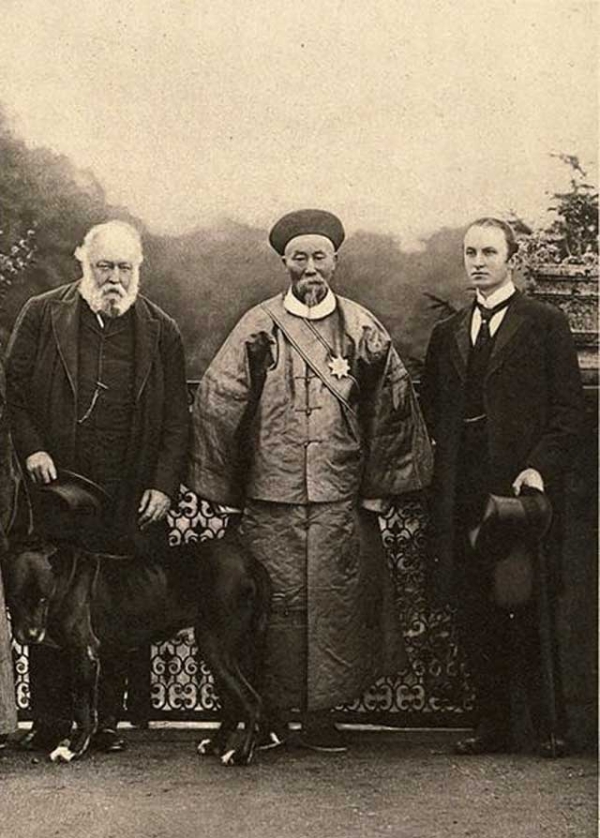
Impressed and moved by the author’s book Wild Swans I looked forward to listening to her account of the life and times of the Empress Dowager Cixi and her influence on the course of Chinese history. Packed with drama, fast paced, and gripping, it is both a panoramic depiction of the birth of modern China and an intimate portrait of a woman: as the concubine to a monarch, as the absolute ruler of a third of the world’s population, and as a unique stateswoman. Chang comprehensively overturns the conventional view of Cixi as a diehard conservative and cruel despot.īased on newly available, mostly Chinese, historical documents such as court records, official and private correspondence, diaries, and eyewitness accounts, this biography will revolutionize historical thinking about a crucial period in China’s - and the world’s - history. She inaugurated women’s liberation and embarked on the path to introduce parliamentary elections to China. It was she who abolished gruesome punishments like “death by a thousand cuts” and put an end to foot-binding. Under her the ancient country attained virtually all the attributes of a modern state: industries, railways, electricity, the telegraph, and an army and navy with up-to-date weaponry. In this groundbreaking biography, Jung Chang vividly describes how Cixi fought against monumental obstacles to change China. Cixi at once launched a palace coup against the regents appointed by her husband and made herself the real ruler of China - behind the throne, literally, with a silk screen separating her from her officials who were all male.


When he died, in 1861, their five-year-old son succeeded to the throne.

At the age of 16, in a nationwide selection for royal consorts, Cixi was chosen as one of the emperor’s numerous concubines.


 0 kommentar(er)
0 kommentar(er)
